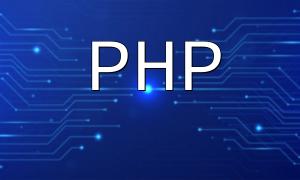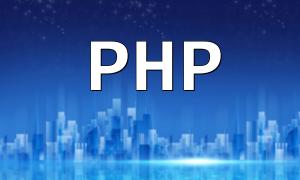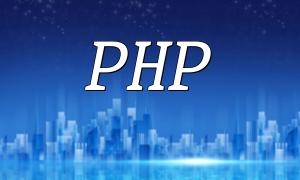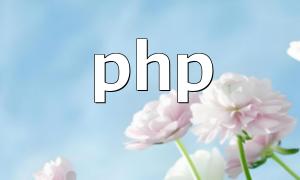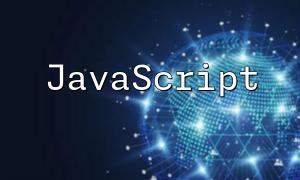With the widespread adoption of PHP 7, many site administrators using Dedecms are concerned about potential compatibility issues. Dedecms, a popular content management system, may encounter challenges such as deprecated functions and changes in error handling under PHP 7. This article provides practical guidance on adapting Dedecms to PHP 7 for improved stability and performance.
Dedecms has a long development history, but older versions can encounter errors when running under PHP 7. The PHP 7 release removed outdated functions and introduced stricter type declarations and exception handling, which causes issues with legacy code.
Common issues include:
The first step is to upgrade to the latest stable version of Dedecms. Newer versions are often patched for PHP 7 compatibility and include better performance optimizations.
It is recommended to switch to modern database APIs such as PDO to improve security and performance. Here’s an example using PDO to connect to a MySQL database:
try {
$pdo = new PDO('mysql:host=localhost;dbname=yourdatabase', 'username', 'password');
$pdo->setAttribute(PDO::ATTR_ERRMODE, PDO::ERRMODE_EXCEPTION);
} catch (PDOException $e) {
echo 'Database connection failed: ' . $e->getMessage();
}Conduct a thorough review of your project’s codebase to identify and replace functions or syntax that are no longer supported in PHP 7. For example, replace outdated functions like each() and create_function() with modern alternatives.
You can use code analysis tools such as PHP_CodeSniffer or the PHPCompatibility plugin to quickly identify compatibility issues.
PHP 7 introduces performance enhancements such as OPcache, which greatly improves script execution speed. Enabling OPcache on your server is highly recommended.
Additionally, activate Dedecms’s internal caching mechanisms and implement frontend caching strategies to reduce database load and improve response time.
Running Dedecms under PHP 7 comes with certain compatibility challenges, but these can be effectively resolved through targeted optimization efforts. Focus on updating your CMS version, modernizing database connections, ensuring code compatibility, and using caching to boost performance. We hope this guide provides valuable insights for a smoother migration and a faster, more stable website experience.
